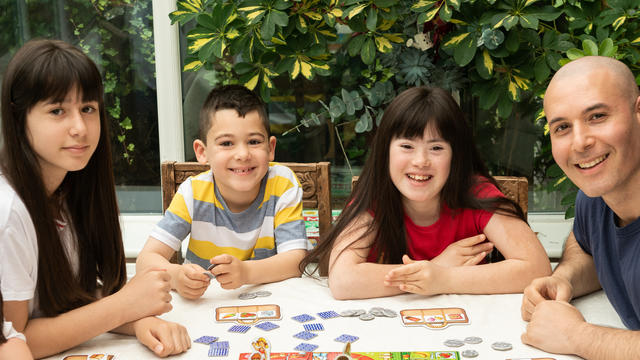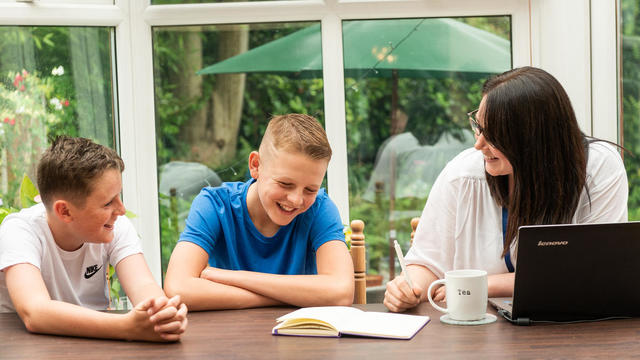Make the most of the summer holidays: holiday and travel planning

Most of us like to get away on a summer holiday if we can, but travelling with an autistic young person can require extra thought and planning to find a destination that suits them best.
In the second of our ‘Make the most of the summer holidays’ series, our Therapy and Specialist Support Team share their tips about choosing suitable holiday venues and preparing your young person for the holiday and holiday-related travel.
Each local authority’s offer page will list activities that are running over the summer holidays. You browse find the local directory for Trafford, Manchester and Stockport. Additional activities can be found in the Manchester Local Offer Newsletter and the Stockport Leisure and Activities directory.
Where to go
-
Find out about a venue’s facilities and whether its staff understand autism or disabilities in general.
-
Think about anything specific that might make your child anxious, for example sensory needs. Is there a quieter area of the hotel or complex that you can book?
-
The National Autistic Society has an Autism Services Directory which lists holiday venues in the UK and abroad, which have stated they’re suitable for autistic people. It also gives information on a small number of organisations, such as the Family Fund, who can provide funding.
-
The Disabled Holidays website has information on holidays for autistic people and lists holiday venues in the UK and abroad.

Practical Considerations
Make your holiday provider/s aware of your child’s special requirements, such as:
-
a need to sit in a certain seat or area of the transport
-
any medication needs, such as storage
-
the need to wear ear defenders to block out noise
-
taking a comfort item to reduce anxiety
You may be given the opportunity to complete a form or send an email detailing these needs.
We recommend you follow up any verbal communication in writing and take a copy of this on holiday with you
Travelling by plane
-
Download autism-friendly airport guides from the airport’s or airline’s website before travelling.
-
Discuss your check-in arrangements with the airline. They might be able to arrange a special check in time or have a quieter area of the airport where you can wait. You could also ask about boarding as they may let you board first or last.
-
Take anything that is going to make the journey more comfortable such as headphones to listen to music, ear defenders, books or toys and comforters such as pillows or blankets.
Travelling by train or boat
-
Travelling by train or boat can be a less stressful experience for some people. Again, it is important to take anything that is going to provide a distraction and make the journey easier. This could be access to favourite music, a loved book or toy.
-
Many train stations and ferry ports will offer special assistance for disabled travellers.
-
Contact the stations or port you are travelling from and to before your trip to explain that you are travelling with an autistic passenger/child with additional needs and ask what support they can offer.
Prepare your child
-
Spend time looking at photographs in the brochure or on the website
-
Compile a visual support, such as a booklet with photos to help your child remember where they’re going and what it will look like when they get there
-
Prepare a timetable in advance considering any obsessions, repetitive behaviour, or routines
-
Prepare them for possible situations (e.g. travel delays) e.g. by using social stories
-
Take support materials on holiday e.g. a social story about going to the hotel restaurant
-
If you are travelling with a younger child, try to address any worries they may have by reading a relaxation book together or using a worry eater.
Our next set of hints will be about preparations for the return to school. Here you can find out about creating a workable routine for the holidays.
If stress levels do start to rise, try speaking to another parent who understands. Look online for local support groups or call the Parent-to-Parent service set up by NAS (0808 800 4106), or The SEN National Advice Service (0808 808 3555).





